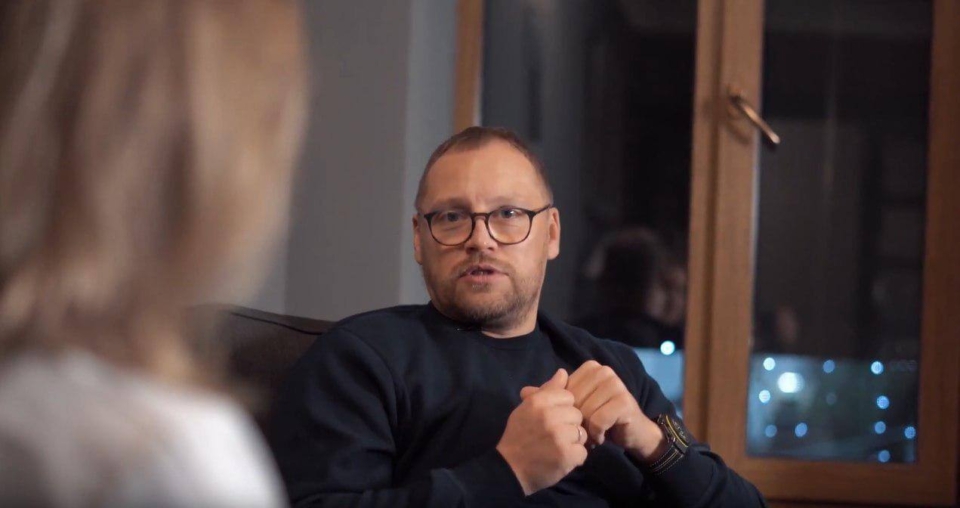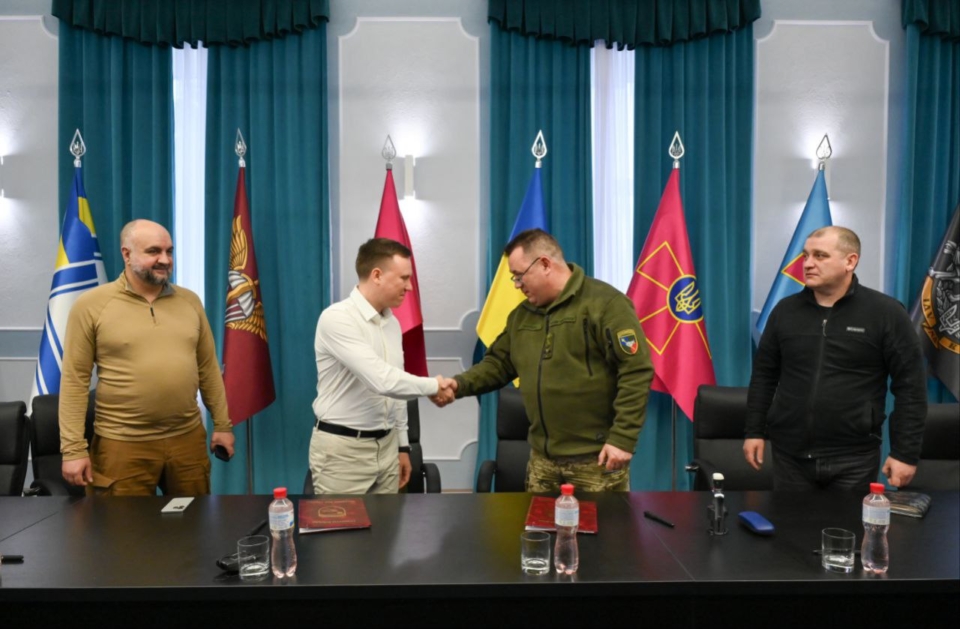Hotel marketing: «Always remember that a person has a smartphone»

Galina Cherednyuk, PR Manager of Ribas Hotels Group, spoke to Andrey Fedoriv, founder and CEO of FEDORIV Group, about the service features and specifics of the hotel business.
— Ribas Hotels Group is engaged in creating hotels whose main feature is uniqueness and emotionality. All this is closely related to locality. But, as you know, when scaling, you need to introduce strict standards. How do you avoid losing this emotionality when businesses are actively growing and scaling?
— You have a very cool hotel. (about the Wall Street hotel) I can see that the team is trying. It is important.
There is a trap in being emotional. Let's look at three types of processes to make it clear what I'm talking about.
So there are basic, effective, and innovative processes.
What are the basic processes? This is when a person gets the basic things they are used to. That is a must have.
Efficient processes are when you can provide a must have at a low cost.
And emotions are innovative projects.
When do problems start?
Difficulties appear when emotions are already there, but there are no basic processes yet. Or when emotions are already there, but the basic processes give some failures.
There are many examples both in Ukraine and in the world. There is an Indian proverb that a warrior's eyes should be just above the clouds, but his feet should be firmly on the ground.
Example: at the Wall Street hotel, I liked details like a handwritten letter from the company's founder, some small personalized gift. That's cool. This is the touch that makes the guest happy. And a person's happiness consists of small things.

I had a case: we booked a hell of an expensive hotel, we had 3 rooms, we were with children. Our flight was delayed. We realized we couldn't make it to dinner. After leaving the airport (it's an hour to the hotel), we called and ordered room service. We were told “of course”. We arrive — there is nothing. It took me another hour and twenty minutes to get dinner delivered to our rooms. Of course, there was no question of positive emotions.
What is the danger of hotel business?
The fact that you are not working with a standardized product that can be packaged in a box. Service is an experience. Each person is different. Working with it is different, in different directions and in different regions. Positioning is a departure from universality. This is a fairly clear answer to the question “what does a person want?”.
I have a favorite example from the HoReCa sphere. This is one of the Bavarian, I would even say Alpine-Bavarian-Austrian restaurateurs. Hereditary restaurateur. His parents also kept something called a Guesthouse.
When he started doing this, he said: “I had one problem all my life — children. Because children in a hotel are terrible.” Children spoil everything, on the one hand: they run around, break something, they need special food, etc. But at the same time, when you want to prohibit coming with children, you lose your customers.
When he was 55 years old, he was able to realize the dream of his life — bought a ruined hotel complex, which had two large buildings. He created something like two hotels in one.
One family-hotel that was made only for family guests. When the user goes to the main page, a block sign with a question is immediately displayed: “how many children do you have? What age?” In this hotel, the reception offers milk, diapers, round-the-clock Breakfast cereals, everything is shockproof, no glass, semi-plastic everywhere. Children's menu in the restaurant, the children's area is larger than the adult one. Three types of chairs for children. There are 3 or 4 kids-clubs, depending on the age: nurseries, preschoolers, teenagers.
But through the underground passage, you can go to another hotel, which is Adults Only. And it says: “Sorry, no children under 18 years of age allowed.” And there everything is different: the author's design, black tones prevail in the interiors. There is a completely different atmosphere. In the first hotel, there are noisy families who, of course, are a little crazy about the number of children around, but are generally grateful that someone took care that their child did not break his head.
In the second— more dignified, noble guests. It is not clear whether these are corporate groups, or a couple of lovers in their 60s.
And this is a great example of what modern marketing is! Don't try to please everyone. If you want to be a hipster hotel, be one: give your guests what they need. The clearer the positioning , the stronger the brand becomes.

— I don't go to resorts in Ukraine. I usually travel for work. I rate it poorly.
There are several good hotels in Kiev. They're different, but they're cool. This is Eleven Mirrors, which we developed. Bursa is a brand that we are friends with. The Hyatt hotel, which is very often chosen by my clients.
Example: In one of the Hyatt hotels, my friend after a good sit-down, early in the morning went down to the restaurant for Breakfast. A waiter came up to him and asked what he would have. The friend replied: “small beer.” The waiter asked what his number was. In response, he heard that the guest does not remember.
In most Ukrainian hotels, the waiter would start such a person “tormenting the brain” with clarifications. But this young man said “ then I'll go get a beer faster”
Just one phrase, but it impressed my friend (hidden service) that he stayed only in this hotel all year. We had a shoot planned and when the Hyatt was all busy, he refused to live in another hotel and was willing to reschedule the shoot.
In Ukraine, I really miss this attitude in small things. In general, people are trying: there are large, beautiful buildings, someone has invested something in infrastructure, etc. But then in the details and nuances you feel a little disliked. Because of this, everything falls apart. I think it's important not just to do something big, but to do a lot of small things after that.
I think that the question is not that the chairs are not like this, but that the soul is not enough. This is what you should work on.
Now people have freedom of movement. And it turned out that it’s not so cool and cheap in Zatoka. It turns out that in Krakow, Berlin or Turkey, everything is not bad and not prohibitively expensive.
We live in an era of global competition. And I can say that if, for example, in Georgia they manage to make a hotel Rooms, which is often written about in the entire world press, as an example of a cool experience that contains a very local, very Georgian character. But at the same time, world standards are really implemented there.
I admit that I don't really like resort hotels. Except for the moment when we go as a family and just want not to think about some things. Now, I think, a very important trend in travel is people who try to combine their business trips with interesting experiences. When you don't just arrive at a faceless hotel # 324 that you'll never remember. You want to go through something that you can't go through at home. Because for any person, a good life is an adventure, entertainment, whether they admit it or not.
Don't be afraid of locality
















